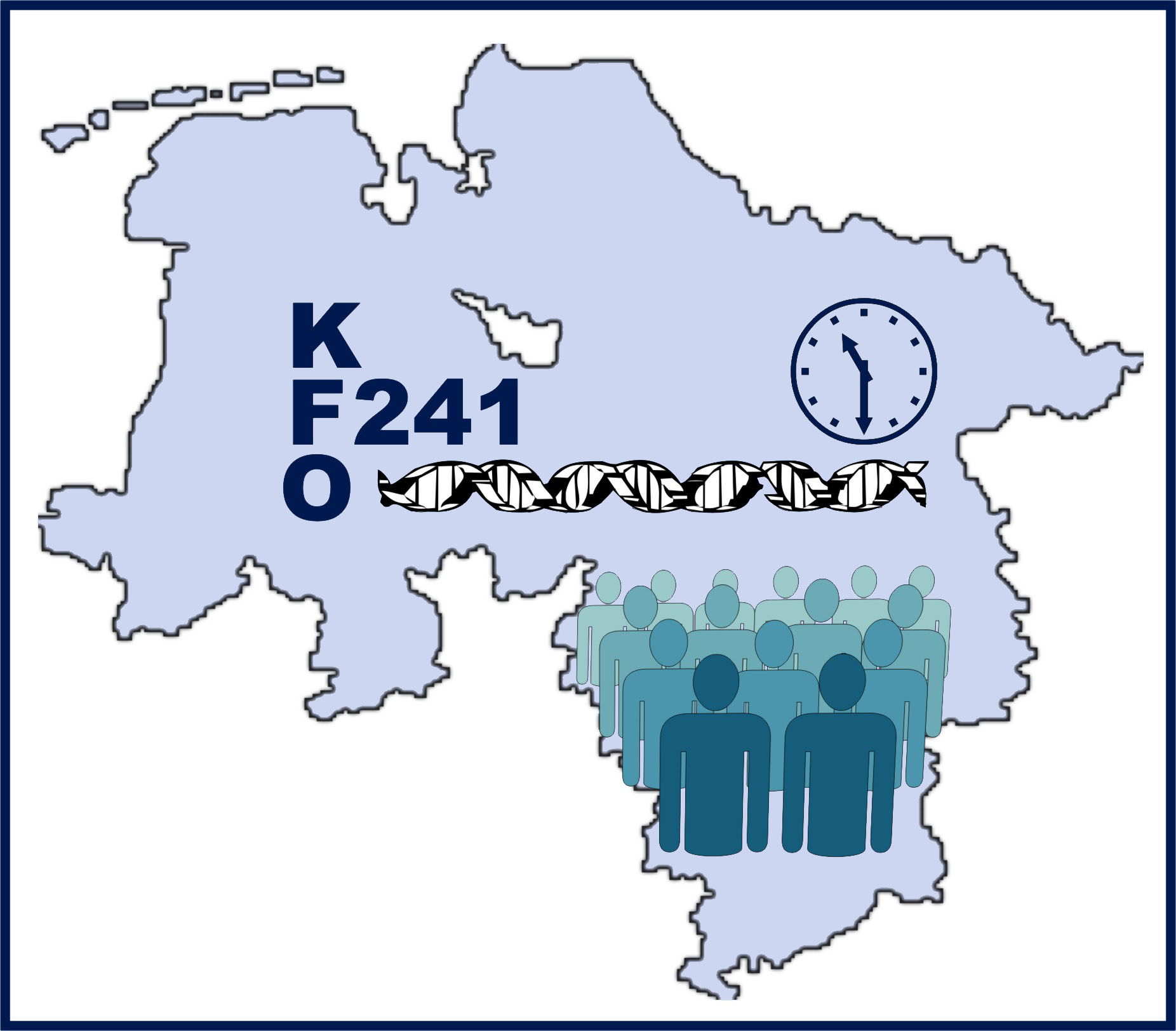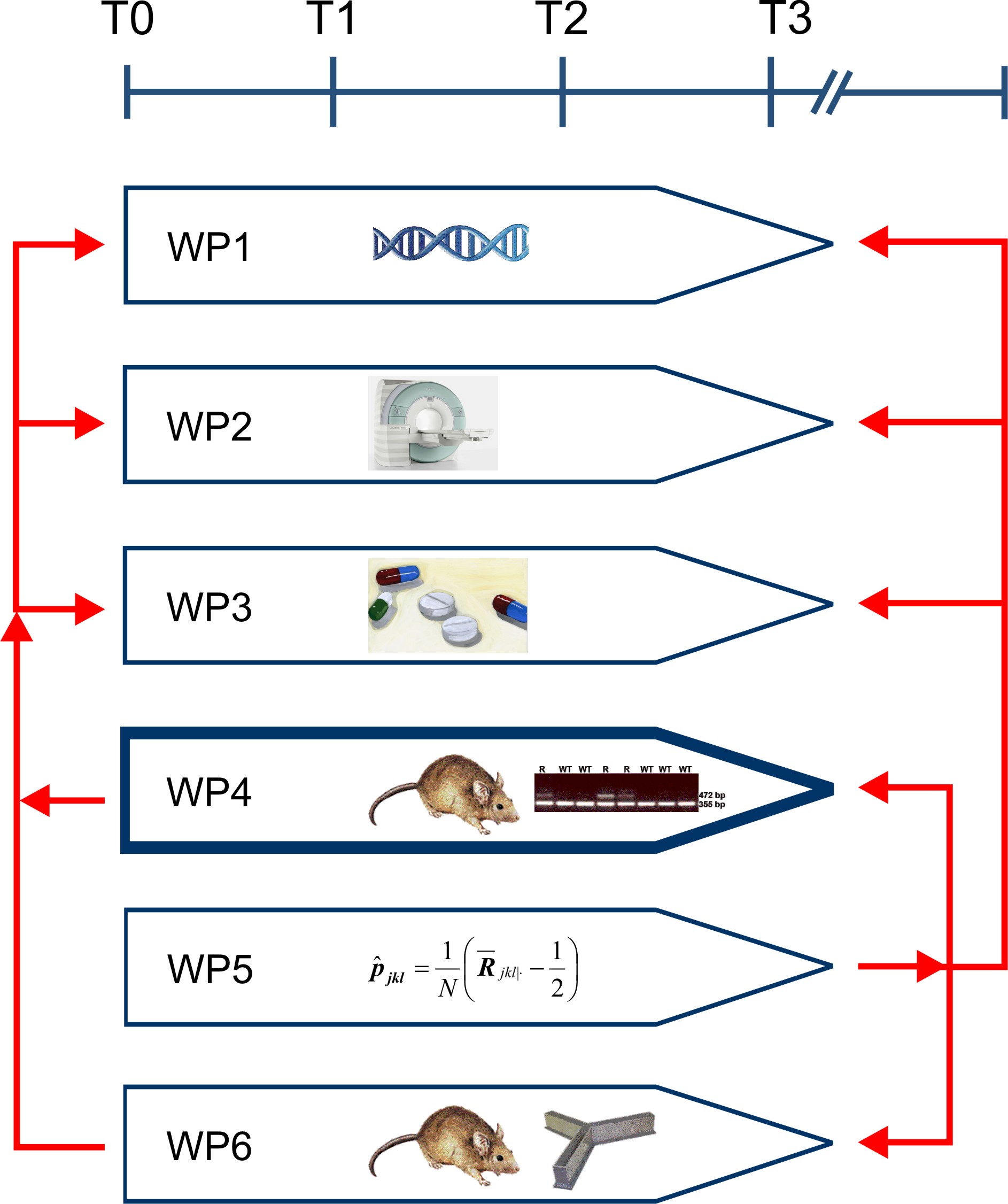The impact of epigenetic gene-expression on the longitudinal course of psychosis |
Psychiatric diseases such as schizophrenia (SZ) and bipolar disorders (BD) are an increasing emotional and economic burden to our societies. The etiology of SZ or BD is still not understood but recent research has established a genetic association between particular genes or chromosomal regions with SZ and BD, conferred by genetic variation such as single-nucleotide polymorphisms (SNPs) or copy number variations (CNVs).
While such genetic variations account only for a fraction of disease risk or a small number of cases, respectively, they nevertheless underscore the importance of the associated genes as risk factors for psychosis meriting further investigation. During the course of pathogenesis deregulation of those genes may occur via different mechanisms. There is now accumulating evidence that on an individual level health or disease critically depends on the interaction between genes and environment. Epigenetic mechanisms such as histone-modification and DNA-methylation are key-regulators of gene-environment interactions. Importantly, epigenetic mechanisms have recently been implicated with various brain diseases including psychosis.
The aim of this work package therefore consists in elucidating the role and the neurobiological function of key-regulators of epigenetic gene-expression that have been implicated with the pathogenesis of psychosis. Our data will be 8 cross-correlated with the list of candidate genes obtained via genome-wide association studies (GWAS) and the function of the most promising target genes will be analyzed in detail.


